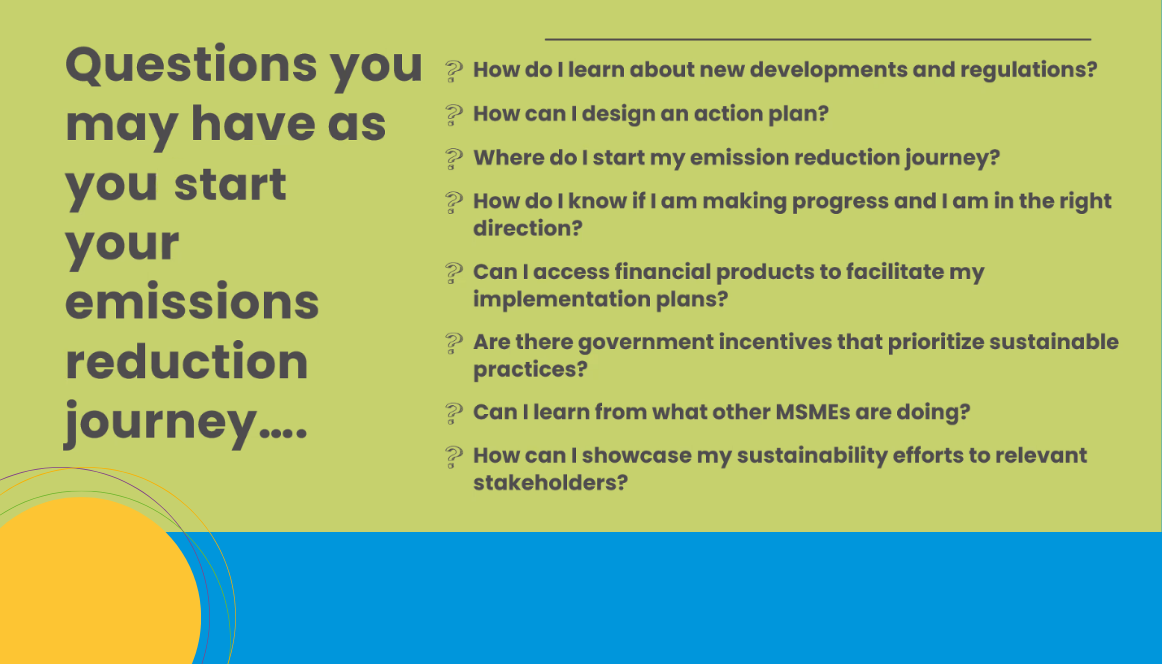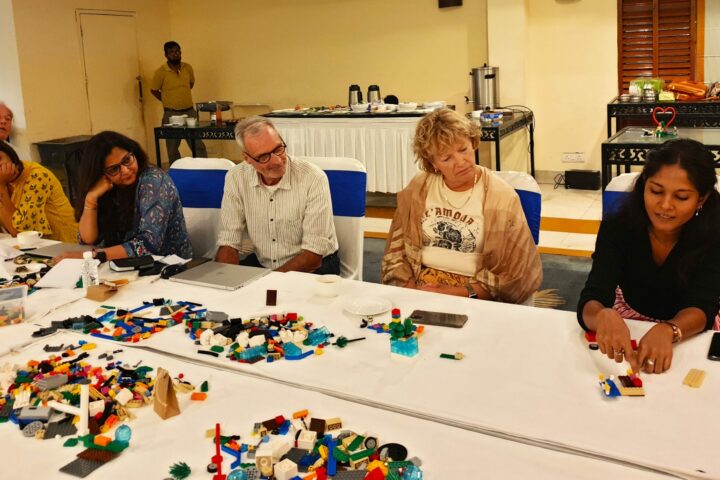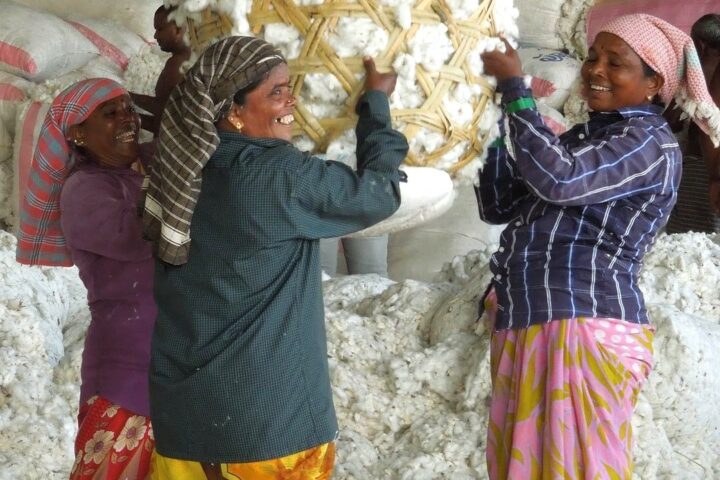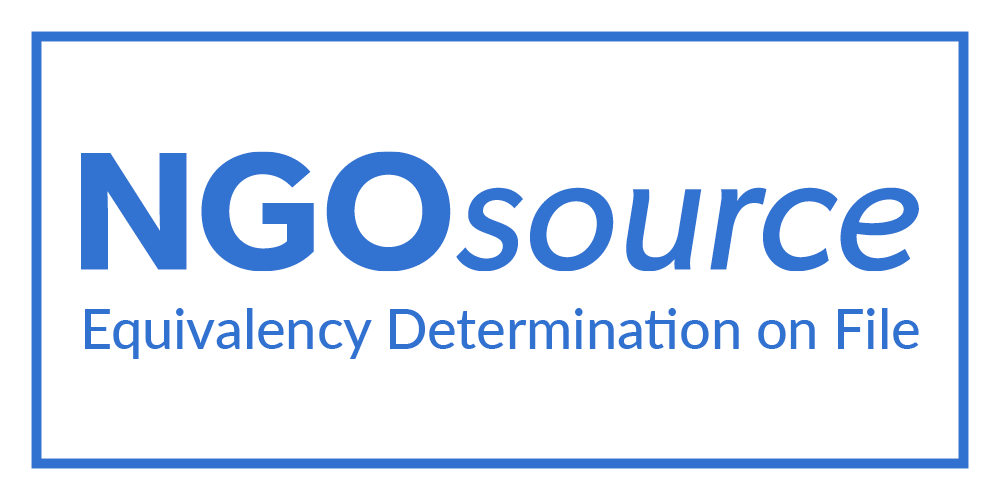Here is what was covered in a webinar that Women on Wings recently hosted on how social enterprises can build their capacities to achieve net zero carbon emissions.
Like organizations the world over, social enterprise organizations in the Women on Wings community aspire to create better sustainability and a climate impact. Accordingly, We run from workshops around subjects like circular economy. And focusing on net zero is very relevant, in a 2023 Economist impact survey on supply chain challenges of 400 executives, 47% of respondents said increasing sustainability is a high priority.
Net Zero: easier said than done, but possible
The 68 webinar attendees want to embrace a climate-forward mindset to support their surroundings. Some of them already do circular economy practices and/or regenerative agriculture though many encounter challenges to reach net zero.
These social enterprises shared their top three obstacles to achieving net zero:
- Lack of awareness 68%
- Technical knowledge & support 65%
- Financing options 56%
During the webinar the attendees’ lack of emission reduction know-how and support were addressed by Devyani Hari, director at Centre for Responsible Business (CRB) who also defined these key carbon-emission related terms:
Net Zero = when emissions released from human activities are counterbalanced by removing carbon from the air by dealing with the following scope emissions:
Scope 1 = emissions from own activities/facilities/vehicles
Scope 2 = emissions from electricity, steam, heat or cooling
Scope 3 = emissions from upstream and down stream activities
Tools and a playbook to be transparent

Pallavi Ahuja, manager, systems transformation at WMBC (We Mean Business Coalition) told webinar participants about the global climate change initiative SME Climate Hub. which offers a free small business climate action course and tools like a carbon calculator and a 1.5-degree business playbook to set, track and achieve net zero targets.
When they participate through SME Climate Hub’s impact tool social enterprises can annually measure and disclose their progress toward targets and explain areas for improvement in their climate efficiency. When they do that a business will receive a tailored framework that they can share on annual reports.
They will also receive a website badge that verifies the enterprise is taking specific steps toward targets. But it’s not just a shiny badge that gives an ego boost. The key here is transparency. What is shared externally on socials and the website must be mirrored internally.
Avoid business risks and standout from competitors
They were told that businesses that invest time on environmental plans now, will be ahead of any future government regulations and mitigate future business risks. Pallavi said: “When businesses reduce emissions, they can also save costs and rise above competition.”
Also, the message conveyed was to view sustainability as an opportunity to help the environment and show conscientious consumers how a company is committed to ecologically responsible activities from facilities to supply chain etc. Consumers are increasingly aware of the importance of sustainability and are looking to support social enterprises that share their values.
Yes, it takes time, Pallavi shared, “but if you get on this, you’ll be ahead. If you’re being green, it might enhance access to capital, banks offer preferential loans or rates.”
Supporting the planet affects women the most
It is no secret that women are the most affected by climate change. While it will not happen overnight, Women on Wings sees its duty in paving the way for itself and those it works with to move to greater sustainability, step by step to put both people and planet first.
While many of the social enterprises Women on Wings works with are trying to be green, Women on Wings hosted this CRB and WMBC webinar on the SME Climate Hub to support an understanding on technicalities, greater opportunities involved and to ensure social enterprises take the right actions to avoid greenwashing.
Cover image – Nikolett Emmert via Unsplash




